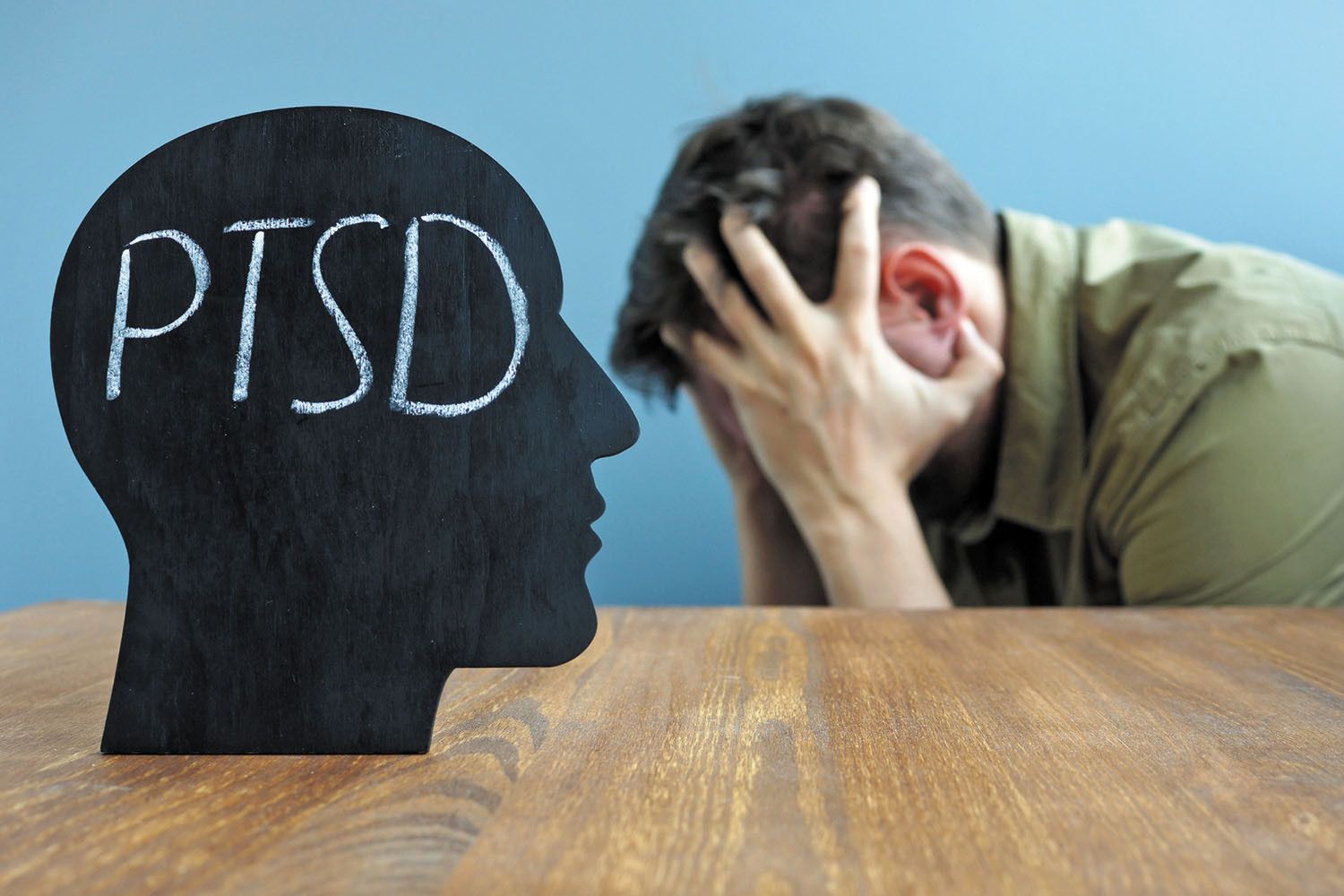Post-Traumatic Stress Disorder (PTSD) is a mental health condition that can develop in individuals who have experienced or witnessed a traumatic event. It is characterized by re-experiencing the traumatic event through flashbacks, nightmares, or intrusive thoughts. PTSD can have a significant impact on a person's daily life, making it difficult to function normally and engage in regular activities.
Symptoms
There are several symptoms associated with PTSD, which can vary from person to person. Some of the common symptoms include: Flashbacks or nightmares Distorted thoughts and emotions related to the traumatic event Avoidance of reminders or triggers associated with the trauma Hyperarousal, including being easily startled or experiencing difficulty sleeping Emotional numbness or detachment These symptoms can appear shortly after the traumatic event or may take weeks, months, or even years to manifest. It is essential to note that not everyone who experiences a traumatic event will develop PTSD, and there are various factors that can contribute to its development.
Causes
The exact cause of PTSD is not fully understood, but there are several known factors that can increase the risk of developing the condition. These factors include: Experiencing intense or prolonged trauma Lack of a strong support system Having a history of mental health conditions Previous experiences of trauma Being directly or indirectly involved in the traumatic event It is important to recognize that the severity and type of trauma can vary greatly, and not all individuals will develop PTSD even if they have experienced traumatic events.
Treatment
PTSD can be a debilitating condition, but with the right treatment, individuals can experience significant improvement in their symptoms. The goal of treatment is to help the person effectively manage their symptoms and regain control over their life. Some common treatment options for PTSD include: Psychotherapy: Therapy sessions with a mental health professional can help individuals work through the traumatic event and develop coping mechanisms to manage their symptoms. Medication: Certain medications, such as antidepressants, may be prescribed to help alleviate symptoms of depression, anxiety, and sleep disturbances. Support groups: Joining support groups with individuals who have gone through similar experiences can provide a sense of understanding and community. Lifestyle changes: Engaging in regular physical exercise, practicing relaxation techniques, and maintaining a healthy lifestyle can also contribute to reducing symptoms. It is crucial for individuals with PTSD to seek professional help and not try to manage the condition alone. A healthcare professional can evaluate the severity of the symptoms and develop a personalized treatment plan.
Prevention
While it is not possible to prevent all traumatic events, some strategies can reduce the risk of developing PTSD. These include: Building a strong support system: Having a network of friends, family, or support groups can provide emotional support during difficult times. Developing healthy coping mechanisms: Learning healthy ways to cope with stress can help individuals navigate through challenging situations. Seeking help early: If someone has experienced a traumatic event and begins to notice symptoms of PTSD, it is essential to seek professional help as early as possible. Providing education: Educating individuals and communities about PTSD can foster understanding and support for those who may be struggling with the condition. By implementing these preventative measures, individuals can potentially reduce the risk of developing PTSD or minimize its impact if it does occur.
Conclusion
Post-Traumatic Stress Disorder (PTSD) is a serious mental health condition that can affect individuals who have experienced or witnessed a traumatic event. The symptoms of PTSD can be debilitating, making it challenging for individuals to lead a normal life. However, with the right treatment and support, individuals with PTSD can learn to effectively manage their symptoms and improve their overall well-being. It is important to seek professional help if you or someone you know is experiencing symptoms of PTSD, as early intervention can make a significant difference in the recovery process.
